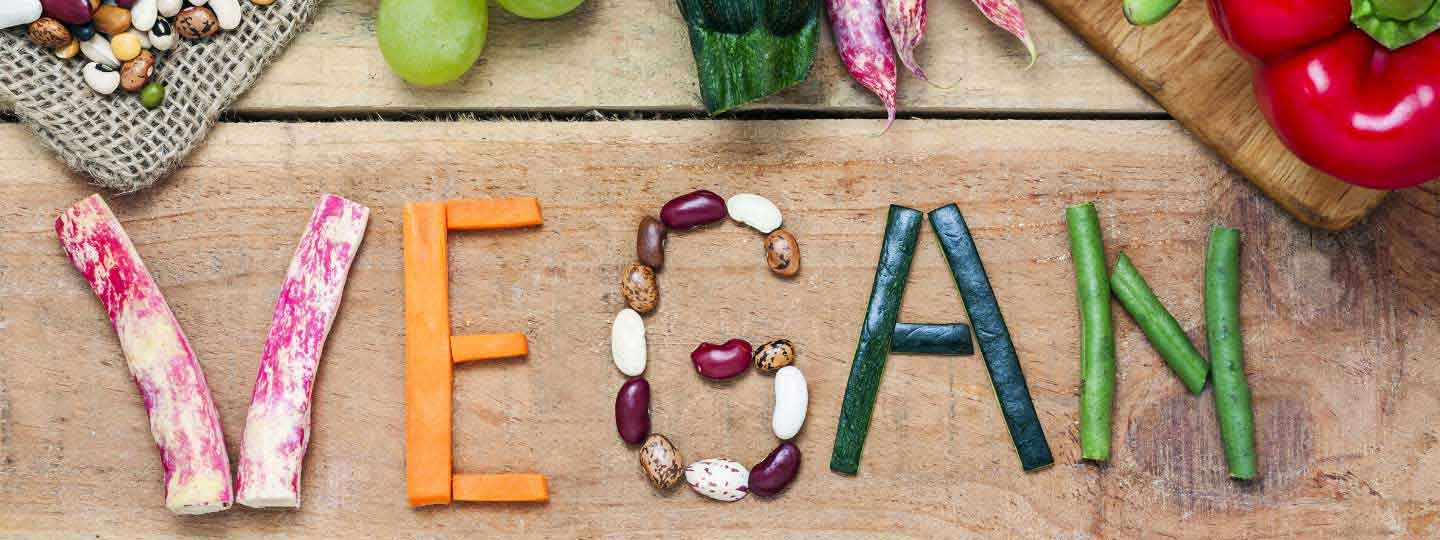5 vegan diet tips for people with arthritis
06 January 2022
You may have noticed that vegan diets become popular at this time of year as some people chose to try Veganuary.
There's many reasons for this, like wanting to increase the amount of fruit and vegetables in your diet or being motivated to help improve animal welfare and the environment.
Whatever your reason, cutting out meat can also have benefits for people with arthritis.
If you eat a vegan diet it's important to make sure you get all the nutrients you need, particularly calcium, vitamin B12, vitamin D and selenium.
Here’s our top tips to get the most out of a vegan diet:
1. Try something new!
Vegan food ranges are popping up all over the place, from high-street chains, like Pizza Express; your local cafés and pubs; to pretty much all supermarkets, from the M&S plant kitchen range to Morrison's vegan Taste brand.
Even if you do eat meat, why not cut down and try some of the delicious vegan and veggie alternatives out there?
2. Make sure to get your vitamin B12
B12 is important for your brain and nervous system among other things. Vegan diets can lack vitamin B12 as it’s most commonly found in animal-based products.
However, these days a lot of vegan foods have this vitamin added in. Check the packaging to see if it says they’ve been fortified with vitamin B12. It’s commonly added to plant milks, like soya and almond milks, and is also in nutritional yeast extracts like Marmite.
3. Other sources of calcium
Calcium helps to keep your bones and teeth strong. You can get your daily intake of calcium from leafy green vegetables like cabbage, kale and broccoli. It’s also in watercress, beans and chickpeas, some nuts, and many types of seeds and dried fruits.
Calcium is often added to white bread, and many plant milks are fortified with it.
4. Getting enough vitamin D
The body naturally produces vitamin D when the skin is exposed to the sun. But it’s pretty much impossible to get the recommended daily dose if you live in the UK during the autumn and winter months.
So, keep an eye out for plant milks or margarines with added vitamin D. Shiitake mushrooms can also be a good source and they work great in a stir-fry.
You might also want to consider taking a vitamin D supplement during the winter months to boost your daily dose. Read more: are you getting enough vitamin D?
5. Experiment with new recipes
Finally, experiment with new recipes and find your new favourite dish!
Take a look at Olive magazine and BBC Good Food for ideas, there’s a bit of everything from pancakes, lentil burgers to indulgent brownies. Our Inspire magazine also has some great vegan and veggie recipes for you to try.
Why not share your vegan top tips on our Facebook page or in our online community?
- Read more about eating well with arthritis.
We’re here for you
- If you would like to talk to someone, you can call our free helpline on 0800 5200 520
- Chat to our Arthritis Virtual Assistant
- Join our online community
- Stay in touch and follow us on Twitter, Facebook and Instagram
You may also be interested in...
-
Self-care and finding a passion: Candice’s story
Determined not to let arthritis take control, Candice focussed on keeping a positive mindset and finding ways to manage the pain. It hasn’t been easy, but almost ten years later she is a taekwondo champion and shares her top tips for self-care and self-confidence.
-
How to stay motivated to exercise?
Here’s Leon's advice on ways to find what works for you and tips to keep motivated.